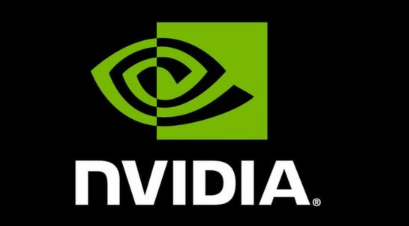- Ameya360 Component Supply Platform >
- Trade news >
- Toyota Selects Nvidia, Intel Feels Heat
Toyota Selects Nvidia, Intel Feels Heat
Nvidia revealed Wednesday at its GPU Technology Conference that Toyota will use Nvidia’s Drive PX AI automotive platform to power advanced autonomous driving systems planned for market introduction.
Mike Demler, a senior analyst at The Linley Group, described Toyota’s move as “potentially a big deal.”
In the brewing battle between Nvidia’s AI car computing platform and an Intel-Mobileye platform, Nvidia now appears to be building momentum.
According to Egil Juliussen, director research, Infotainment & ADAS at IHS Automotive, Toyota has become the fourth major car OEM publicly committed to Nvidia’s Drive PX for their highly automated vehicle. The other three OEMs are Audi, Daimler, and VW Group.
In addition to those OEMs — which include the world’s two biggest carmakers Toyota and VW, Juliussen added that Nvidia also previously picked up smaller OEMs including Volvo, Tesla and Nio (formerly known as NextEV). Since tier ones such as Bosch and ZF have also embraced Nvidia’s hardware platform, Juliussen believes that this “will probably help Nvidia getting other OEMs on board.”
Demler, who attended Nvidia’s conference Wednesday, also noted that Argo.ai, Ford’s autonomous driving group, gave a presentation on “Deep Learning in Argo.ai’s Autonomous Vehicles.”
Of course, it’s important to note that the automotive industry is “still in a very early stage of development for Level 4 and Level 5 self-driving cars,” cautioned Demler. It’s premature to declare any platform’s victory. Juliussen noted that “other platforms for autonomous driving are likely to appear.”
But so far, it’s hard to deny that Nvidia is picking up steam.
Toyota’s deal
A year ago, Toyota Research Institute CEO Gill Pratt came to Nvidia’s conference to deliver a keynote speech, in which he emphasized why simulation is the key to autonomous driving. By leveraging Nvidia’s GPU-powered platform and developing simulation programs, Pratt explained that it’s incumbent upon researchers at the Toyota Research Institute to tackle “corner cases” that happen rarely during trillions of miles of driving in the real world.
Without simulations to augment learning from huge quantities of real-world data, miles of cumulative driving alone won’t help the industry find answers for such edge cases, he explained.
Online messageinquiry

Ameya360:Quest Global and NVIDIA to Develop Digital Twin Solutions for Manufacturing Industry
- Week of hot material
- Material in short supply seckilling
| model | brand | Quote |
|---|---|---|
| CDZVT2R20B | ROHM Semiconductor | |
| BD71847AMWV-E2 | ROHM Semiconductor | |
| RB751G-40T2R | ROHM Semiconductor | |
| MC33074DR2G | onsemi | |
| TL431ACLPR | Texas Instruments |
| model | brand | To snap up |
|---|---|---|
| IPZ40N04S5L4R8ATMA1 | Infineon Technologies | |
| ESR03EZPJ151 | ROHM Semiconductor | |
| BU33JA2MNVX-CTL | ROHM Semiconductor | |
| BP3621 | ROHM Semiconductor | |
| STM32F429IGT6 | STMicroelectronics | |
| TPS63050YFFR | Texas Instruments |
- Week of ranking
- Month ranking
Qr code of ameya360 official account
Identify TWO-DIMENSIONAL code, you can pay attention to


Please enter the verification code in the image below:
























